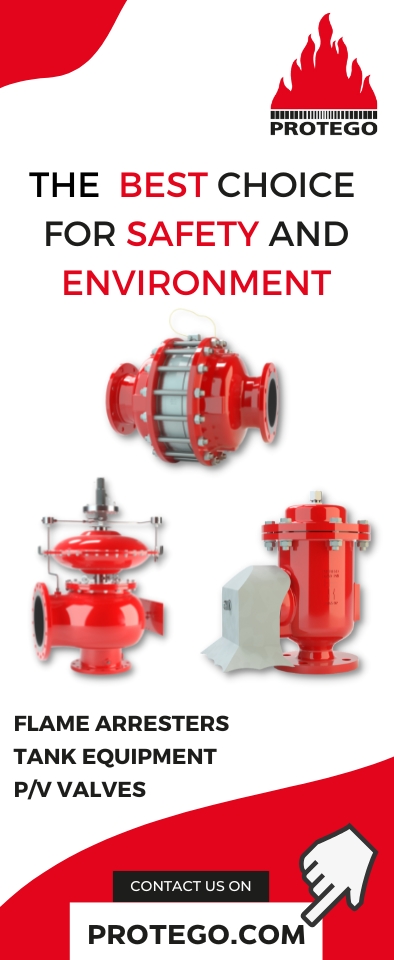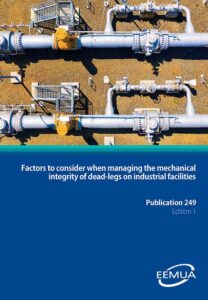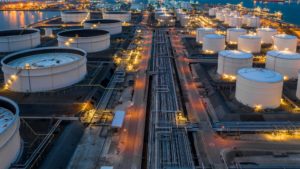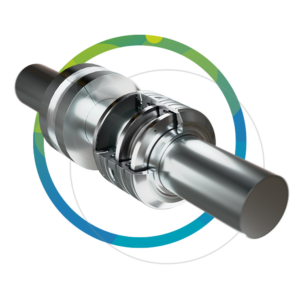Doosan Fuel Cell’s solid oxide fuel cell (SOFC) stack has passed a DNV environmental test for marine use. Developed by a consortium of Korea Shipbuilding & Offshore Engineering (KSOE), Shell, HyAxiom, and Doosan Fuel Cell, the solid oxide fuel cells are intended to supply large vessels. Passing DNV’s environmental test marks a new milestone for the technology.
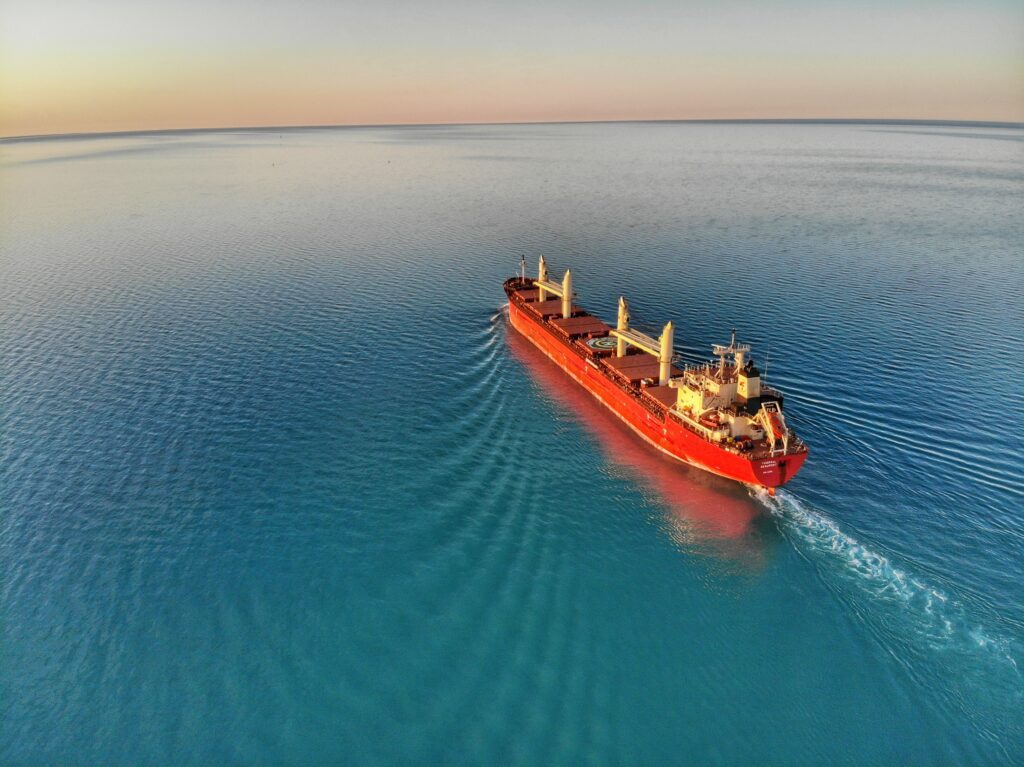 The consortium launched the project in 2022 intending to develop, manufacture, and install a 600 kW SOFC auxiliary power unit (SOFC APU) on a Shell-chartered LNG vessel, which will undergo a year of testing in 2025 to demonstrate the technology’s ability to reduce carbon emissions from maritime transport, a sector which is vital to trade and economies worldwide but is considered hard-to-abate.
The consortium launched the project in 2022 intending to develop, manufacture, and install a 600 kW SOFC auxiliary power unit (SOFC APU) on a Shell-chartered LNG vessel, which will undergo a year of testing in 2025 to demonstrate the technology’s ability to reduce carbon emissions from maritime transport, a sector which is vital to trade and economies worldwide but is considered hard-to-abate.
According to the partners, this is the world’s first SOFC cell stack to pass such a test, which is a core component of their marine SOFC development. The next step is achieving overall SOFC certification and conducting full-scale demonstrations.
‘Due to its lower operating temperature compared to other solutions in the marketplace, our SOFC offers a longer life span and is more efficient compared to existing internal combustion engines,’ says Jeff Hyung Rak Chung, president and CEO of HyAxiom. ‘The environmental test results prove our SOFC is a viable solution for the maritime industry.’

